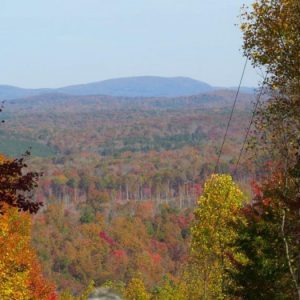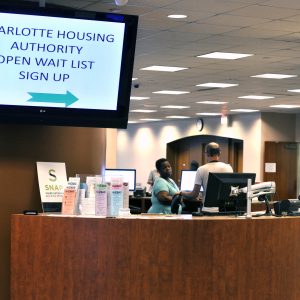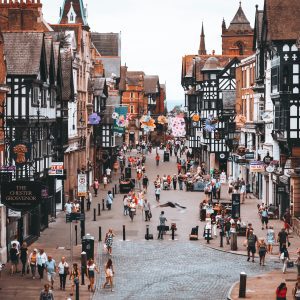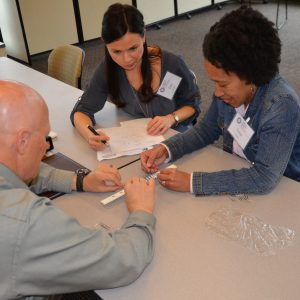General News

National Land Trust Rally comes to North Carolina
Thanks to a brutal early fall heat wave, much of September felt more like July. As a result, I have not spent as much time outside as I would have liked. Last Friday, however, I was able to break away and spend the morning at Morrow Mountain State Park. A friend and myself hiked the […]

Community foundations demonstrate the importance of regional links
Can philanthropy foster greater regional connection? Yes, according to our research for the Carolinas Urban-Rural Connection project. But it’s not just the movement of money that matters, say local leaders: it’s the regional exchange of ideas about how to put that money to work that seems to make a difference. Community foundations, by definition, have […]

How does philanthropy vary across, and connect, the greater Charlotte region?
Charitable giving is an invisible thread binding people and communities together across the 32-county Carolinas Urban-Rural Connection study region — but how much people give, and what resources are available, varies from place to place. The Carolinas Urban-Rural Connection A special project from the UNC Charlotte Urban Institute Read about the project here Introduction: Strengthening […]

High rent, cost burdens, and inadequate supply: Five new, key facts about housing
Charlotte and Mecklenburg County are still facing a large gap between the supply of affordable housing and the number of residents who need it, as inreasing rents and a tight housing market are squeezing more families’ budgets and putting them at risk of housing instability, evicion and homelessness. Those are some of the key findings […]

Should Charlotte make one of its major streets pedestrian-only?
Charlotte has a reputation as a car city, but many of its leaders badly want to promote more biking, walking and transit use. That’s one reason an intriguing idea kept surfacing at this week’s City Council Transportation & Planning Committee meeting: Why not take all the cars off a major street in uptown or South […]

People appear to commute farther for certain kinds of jobs
To better understand commuters in the Carolinas Urban-Rural Connection region down to the individual level, we studied anonymized cell phone tracking data at select employment locations, seeking to determine how commuter connections differ between types of business districts and types of firms. By mapping the residential location of workers at a broad range of employment […]

Talking Policy: How should we maximize the impact of analysis?
The UNC Charlotte Public Policy Program, in Partnership with Gerald G. Fox Masters of Public Administration Program and the UNC Charlotte Urban Institute, will hold its 2nd annual Talking Policy in the Queen City event on October 2nd from 6:00 to 8:30 p.m. at the Center City campus. This year, guest speaker Dr. Erik Godwin […]

When developers ask for a zoning change, Charlotte usually says yes
In the past decade, City Council has only denied 27 rezoning petitions out of more than 1,200 filed, according to city records. That means there are more new breweries in Charlotte since 2009 than rezoning petitions turned down.
What’s behind the high approval rate?

Urban and rural leaders embrace common ground in this program
In telephone calls, emails and chats over coffee or dinner, dozens of business and community leaders in Charlotte and the surrounding suburban and rural communities regularly communicate — sometimes discussing local issues and sometimes not, in conversations that are happening deliberately. For two decades, the non-profit Lee Institute, which promotes civic engagement, has focused on […]

Mapping the housing and homelessness ecosystem
Mecklenburg County Community Support Services, in partnership with UNC Charlotte Urban Institute, last week released the Housing & Homelessness Ecosystem of community providers in Charlotte and Mecklenburg County. The Ecosystem is one part of a multi-step process in creating a culture of continuous improvement. To read more about why an Ecosystem matters for Charlotte-Mecklenburg, and […]